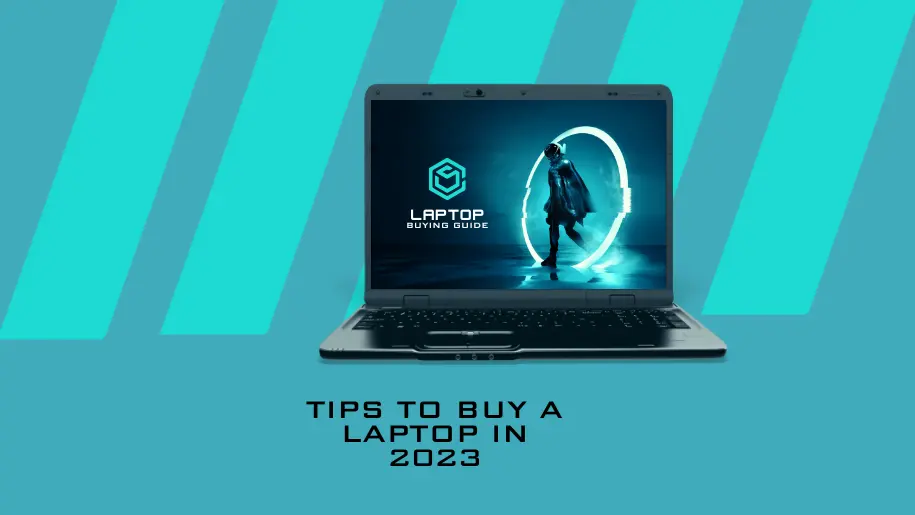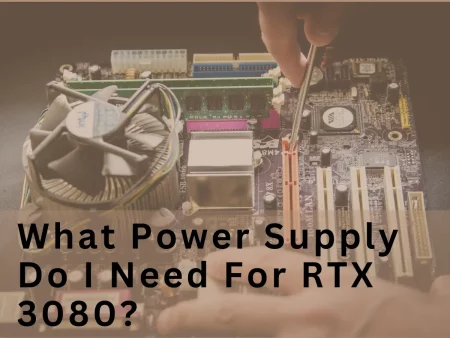
Best tips to keep in mind when you buy a laptop
In today’s digital age, laptops have become an essential tool for work, entertainment, and communication. Whether you’re a student, a professional, or someone looking for a personal device, choosing the right laptop can greatly impact your overall experience.
With numerous brands, specifications, and features available in the market, it can be overwhelming to make the right choice. In this article, we will provide you with the best tips to buy a laptop that suits your needs and budget.
1. Introduction
The laptop market offers a wide range of options, making it crucial to conduct thorough research before making a purchase. By considering various factors such as your needs, budget, operating system, size, processor, storage, display quality, graphics card, battery life, connectivity options, keyboard and touchpad, audio and webcam quality, reviews, and warranty, you can make an informed decision and find the perfect laptop that meets your requirements.
2. Determine Your Needs and Budget
Before diving into the laptop buying process, it’s essential to identify your specific needs and establish a realistic budget. Consider the purpose of your laptop, whether it’s for gaming, productivity, graphic design, or general everyday use. This will help you determine the necessary specifications and features required.
3. Consider the Operating System
The choice of operating system largely depends on your personal preferences and the software you intend to use. Windows, macOS, and Chrome OS are the most common options available. Windows offers a wide range of software compatibility, macOS provides a seamless user experience for Apple enthusiasts, and Chrome OS is a lightweight option primarily designed for web-based tasks.
4. Choose the Right Size and Portability
Laptops come in various sizes, ranging from ultraportable to larger, more powerful models. Consider your mobility needs and usage patterns to determine the appropriate size. Smaller laptops are lightweight and easier to carry, while larger laptops often offer better performance and larger displays.
5. Look for the Right Processor and RAM
The processor and RAM are crucial components that affect the laptop’s overall performance. Processors from Intel and AMD are popular choices, with different models catering to different needs. Higher RAM capacity ensures smoother multitasking and faster data processing.
6. Consider Storage Options
Storage plays a vital role in determining how much data you can store on your laptop. Solid State Drives (SSDs) are faster and more reliable than traditional Hard Disk Drives (HDDs). Consider the storage capacity based on your requirements, and if possible, opt for laptops with additional expansion slots.
7. Pay Attention to Display Quality
The laptop’s display quality significantly impacts your visual experience. Factors such as resolution, color accuracy, brightness, and viewing angles should be considered. Higher resolution displays and technologies like IPS or OLED provide better image quality.
8. Check the Graphics Card
If you plan to use your laptop for gaming, graphic design, or video editing, a dedicated graphics card is essential. NVIDIA and AMD are the leading manufacturers of graphics cards, with different models catering to various levels of performance.
9. Evaluate Battery Life
Battery life is crucial, especially if you plan to use your laptop on the go or in situations where you may not have access to a power outlet. Look for laptops with long battery life, preferably lasting at least 8 hours on a single charge.
10. Look for Connectivity Options
Consider the connectivity options available on the laptop. Ensure it has an adequate number of USB ports, including USB Type-C for versatility. Other essential ports to consider include HDMI, Ethernet, and an SD card reader. Additionally, check if the laptop supports Wi-Fi 6 for faster wireless connectivity.
11. Consider the Keyboard and Touchpad
Since you’ll be using the laptop’s keyboard and touchpad extensively, it’s important to ensure they are comfortable and responsive. Look for laptops with well-spaced and ergonomic keyboards, preferably with backlighting for enhanced visibility in low-light environments. Similarly, test the touchpad for smooth navigation and multi-touch gestures.
12. Assess Audio and Webcam Quality
If you use your laptop for video conferencing or multimedia purposes, consider the audio and webcam quality. Look for laptops with high-quality speakers or audio enhancements, such as Dolby Atmos or Harman/Kardon technology. Additionally, ensure the laptop has a decent webcam resolution for clear video calls.
13. Read Reviews and Compare Brands
Before finalizing your purchase, it’s advisable to read reviews and compare different laptop brands. Websites and forums dedicated to technology reviews can provide valuable insights into real-world performance, durability, and customer satisfaction. Consider factors such as build quality, reliability, and after-sales service when comparing brands.
14. Check Warranty and Customer Support
Make sure to check the warranty coverage and customer support offered by the laptop manufacturer. A longer warranty period provides peace of mind in case of any hardware issues. Additionally, prompt and helpful customer support can be crucial if you encounter any problems or have questions regarding your laptop.
15. Conclusion
Buying a laptop requires careful consideration of your needs, budget, and the various specifications and features available in the market. By following these tips, you can make an informed decision and find the best laptop that suits your requirements. Remember to prioritize factors such as operating system, size, processor, storage, display quality, graphics card, battery life, connectivity options, keyboard and touchpad, audio and webcam quality, and reviews.
Frequently Asked Questions
1. What is the most important factor to consider when buying a laptop?
The most important factor to consider when buying a laptop is determining your specific needs and budget. This will help you narrow down your options and choose a laptop that fulfills your requirements without exceeding your financial limitations.
2. Should I prioritize processor or RAM when buying a laptop?
Both the processor and RAM are important for a laptop’s performance. However, if you need to choose between the two, prioritize the processor as it has a greater impact on overall speed and responsiveness.
3. How much storage capacity do I need on a laptop?
The storage capacity you need depends on your usage requirements. For general everyday use, 256GB to 512GB is usually sufficient. If you work with large files, such as videos or high-resolution images, consider opting for 1TB or more.
4. Can I upgrade the components of a laptop in the future?
The upgradeability of a laptop depends on the specific model. Some laptops allow for easy upgrades of components like RAM and storage, while others have limited or soldered components. Check the specifications and user reviews of the laptop you’re interested in to determine its upgrade potential.
5. Where can I buy a laptop?
Laptops are available for purchase at various electronics retailers, both online and offline. Popular options include online marketplaces like Amazon, dedicated electronics stores, and tech stores like Best Buy or Newegg. You can also consider buying directly from the manufacturer’s website for a wider selection and potential discounts.










